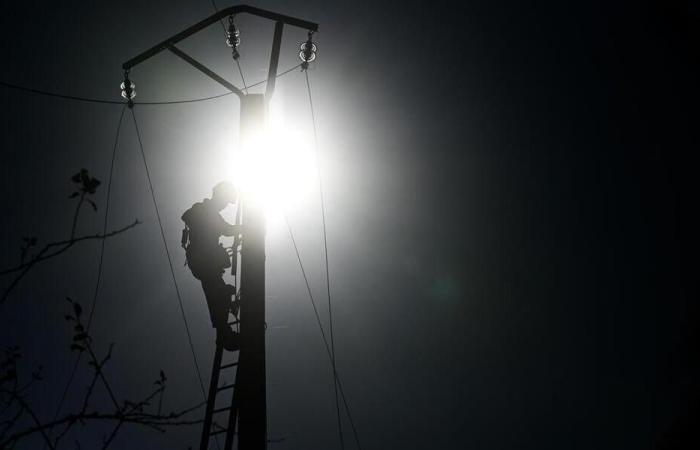The tariff shield on electricity will end on 1is February but without the tax increase initially planned by the government. This is indicated in a decree published on Saturday December 28. Consequence: an expected drop of 14% in the regulated rate for individuals, according to the government.
The decree stipulates that the tax (the excise, that is to say the old internal tax on the final consumption of electricity which represents 7% on average of the annual bill of a household) will mechanically go back to 1is February to its pre-crisis level, adjusted for inflation, i.e. €33.70 per megawatt hour for individuals compared to 22 currently, but without any additional increase. This therefore allows the regulated tariff to pass on the drop in international market prices, describes theAgence France Press. Electricity prices have fallen sharply on the markets and the 22.4 million households and businesses with regulated sales tariff contracts (TRV), or 56% of subscribers, will therefore benefit despite the end of the tariff shield.
Read also: Electricity and gas bill: 75% of households heat less because of the price
Lower bill
Former Prime Minister Michel Barnier renounced, on November 28, “increase taxes on electricity in the 2025 finance bill”. He then specified: “This will allow a reduction in electricity prices of 14%, which will therefore go well beyond the 9% reduction initially planned”. This final concession to avoid the fall of his government did not, however, allow him to avoid censorship a few days later.
“For a family at TRVE [Tarifs réglementés de vente de l’électricité] having an average consumption of 5.7 MWh of electricity per year, a 14% reduction in the TRV represents approximately €222 in annual savings, calculated HelloWatt at the end of November. For a family on the TRV consuming 10 MWh of electricity per year, a 14% reduction in the TRV represents €380 in savings. »
The regulated rate has seen an overall increase of 40% over the past two years.
France






